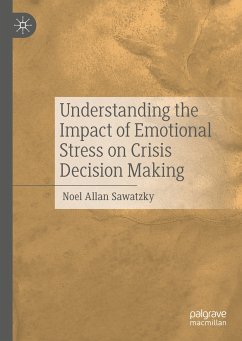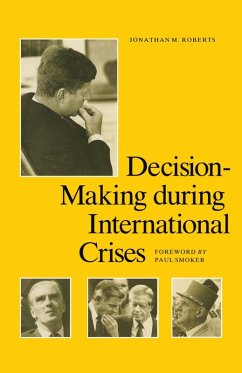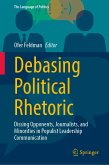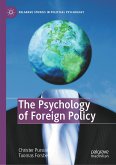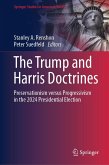- Richard Ned Lebow, Professor of International Political Theory, King's College London, UK
"For those of us who are interested in how emotions may influence foreign policy, this book is an excellent point of departure. The volume offers profound insights into how individual pathologies of leaders shape decision making and how crises in turn also shape individual behavior. An essential read!"
- Christopher Coker, Professor of International Relations, London School of Economics and Political Science, UK
Motivational models are critical to understanding crisis decision making because leaders and their advisors are emotionally involved, intent on reducing stress, and motivated to find ways of advancing their interests while minimizing the risk of war. The principal theoretical work on the subject is Irving Janis and Leon Mann's classic study of decision making, published in 1977. While useful, the book has a significant flaw: Janis and Mann theorize that policy maker stress during crisis is derived from decision deliberation, leading to a circular approach. This book solves the identified problem by addressing circularity between the rise of psychological stress, decision deliberation, and dysfunctional behavior with an independent measure of decision conditions using cognitive complexity. With an effective independent measure of stress, the key contribution of this volume is a reformulation of Janis and Mann's model to render the construct more rigorous and empirically useful to the present-day study of crisis decision making.
Noel Allan Sawatzky is an Officer in the United States Navy, assigned as a Senior Intelligence Advisor with over 20 years of military service. This is his first book.
Dieser Download kann aus rechtlichen Gründen nur mit Rechnungsadresse in A, B, BG, CY, CZ, D, DK, EW, E, FIN, F, GR, HR, H, IRL, I, LT, L, LR, M, NL, PL, P, R, S, SLO, SK ausgeliefert werden.

